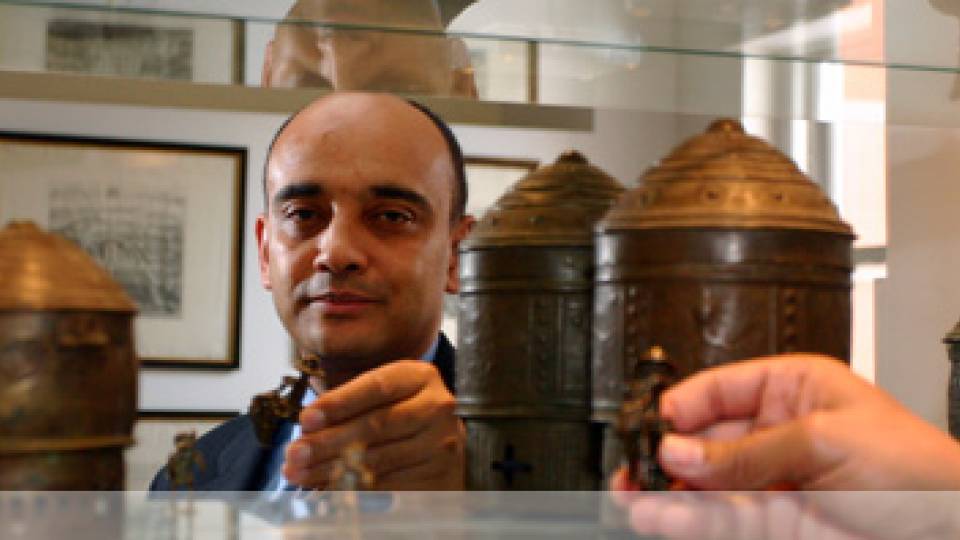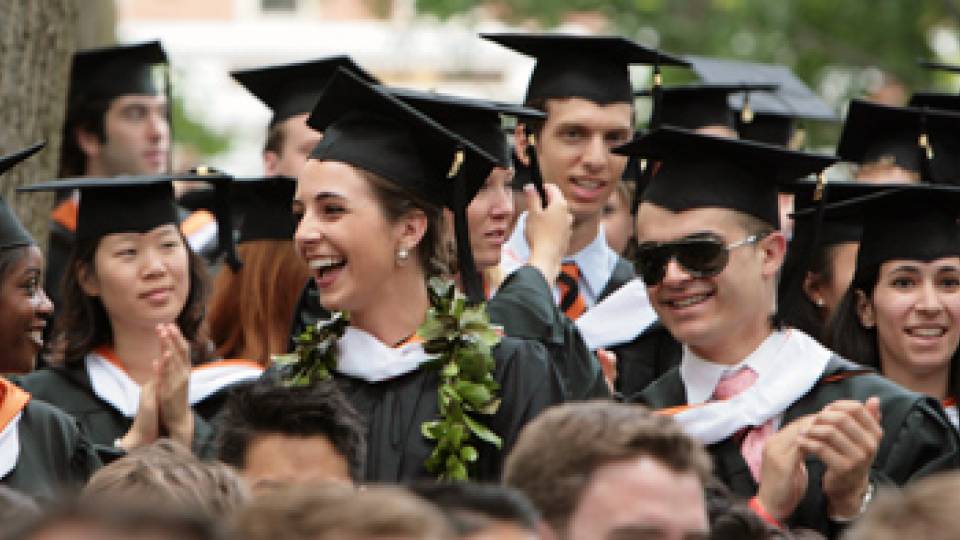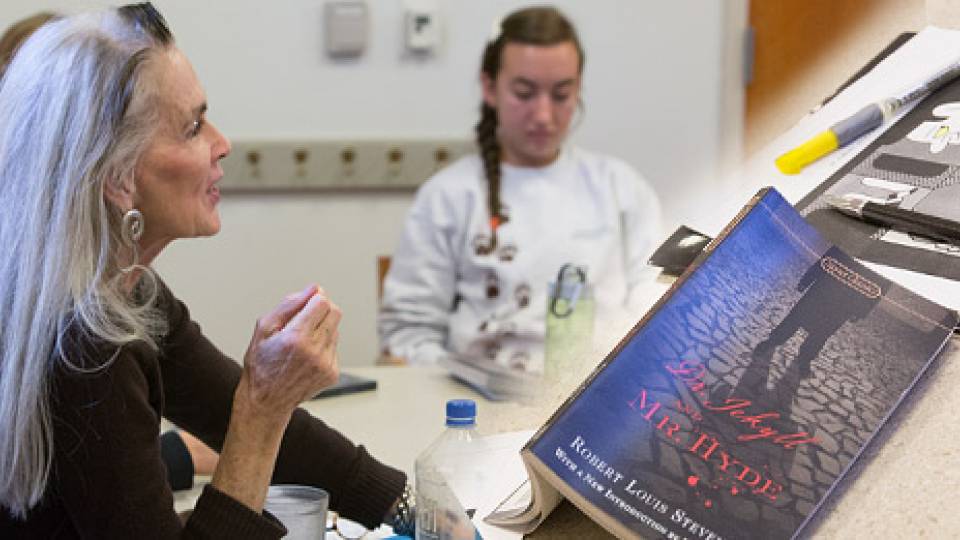Delivered by Glen Weyl
Commencement
June 5, 2007
Princeton University Class of 2007
An irony of being valedictorian is that I am actually one of the seniors least qualified to speak to the broad range of student life on campus. I am amazed how many of my classmates live up to the Princeton ideal of finding a balance between social, academic and extracurricular interests. I’m afraid Dean Fred would not find my application so well-rounded. As an economics major, I’d put it this way: My portfolio is not very diversified.
One thing we all do share, though, is four formative years we spent together. Memory is our connection to the past and one of the most powerful ways we can shape our future. It is the only thing that makes me, the Glen before you today, an expert on Glen that terrified freshman camper evacuated from Princeton’s flooded Outdoor Action orientation. By choosing today what to take away from our time here, we can shape our lives after graduation as much as we will by our choices of jobs or places to live. So on this most memorable of days, I want to tell you a bit about how I will remember the way Princeton changed me. Princeton developed my skills, introduced me to an extraordinary group of people and armed me with an array of practical tools. Yet these were fringe benefits. Even the higher goal of “learning how to think” was secondary. More than anything, Princeton changed what I aspire to by focusing my attention on the world’s most important problems.
Princeton forced me to ask questions and think about ideas far beyond my personal experience. Freshman spring, my introductory computer science professor brought to class a clacking tabletop contraption that wrote characters on a flowing strip of paper. He explained that it was a Turing Machine, an unassuming device theoretically capable of simulating anything in the universe. Seeing “universal computation” sitting in the middle of my lecture hall opened my eyes to the promise of artificial, and human, intelligence. Sophomore year, in English, we studied a book of poetry, “Eunoia” by Christian Bök. The slim volume contained five chapters, each making use of only a single vowel. Despite my initial skepticism, I was eventually persuaded by the book cover’s claim that each vowel had a personality of its own previously hidden to me. The jocularity of the letter “o” and the egotism of “i” revealed the layers of meaning language carries. Junior year, moral philosophy challenged my core beliefs. Is complete blindness to ethnicity and race ethically desirable? What makes individual human beings, rather than societies or animals or amobae, worthy of rights? Just two months ago in art history, we examined the ideological undercurrents of photographs from The New York Times. The paper recently ran an uncritical picture of the newly renovated Colonial Williamsburg, showing smiling actors as slaves enjoying themselves. Recognizing this deceptive portrait of early America in a source I trusted forced me to reconsider images I might otherwise have taken for granted.
My professors and friends here at Princeton made abstract ideas intimate. My extraordinary adviser José Scheinkman told our class that a great economist sees “the elegant structure of social and economic institutions in every movie, newspaper article or party.” This impulse to make theory a way of understanding ordinary life pervades Princeton. From the lecture hall to the dining hall, Princeton made concrete the diverse abstractions of sigma algebras, the Greek demos and decision heuristics. In the process it has changed not only how we think, but more importantly what we think and care about. Though Princeton is often called an “Orange Bubble,” my experiences here brought me closer to great problems and motivated me to engage with the world more powerfully than I could have dreamed.
By bringing profound ideas into our everyday lives, Princeton instilled in us a desire to pursue social betterment, artistic expression and scientific discovery. An inspiring example for me has been the work of my classmates in the Princeton Justice Project. Led by the indefatigable Tom Bohnett, they worked to improve affordable housing, bring art to New Jersey prisons, teach English and financial literacy to immigrant workers and, in a project I participated in, help make international trade fairer for developing nations. And their efforts were just a few among the thousand diverse and impressive accomplishments Princeton education inspires.
It has also been inspiring over the last several months to hear from my classmates the range of noble callings that await the class of 2007 beyond FitzRandolph Gate. Hopeless nerd that I am, though, I will remain behind that gate, as a graduate student entrapped by the lure of the academic world Princeton opened. For me, the appeal of economic research is best captured by the words of Nobel laureate Robert Lucas. He contrasts nations that rapidly emerged from poverty with others that made little progress alleviating their peoples’ misery. Do the examples of China and South Korea hold lessons that will one day allow African leaders to eliminate malaria and starvation? Lucas writes, “The consequences for human welfare involved in questions like these are simply staggering: Once one starts thinking about them, it’s hard to think about anything else.”
One definition of an intellectual is someone who sees things working in practice and wonders if they’ll work in theory. Seing an apple fall inspired Newton’s theory of gravity. Like Lucas, I also see things working the other way around. The purpose of the passion for intellectual inquiry that Princeton gave us is the use of ideas to improve the world we share. In each area of study at this university and in every profession you will enter, there are questions so important that it is, or should be, hard to think about anything else. By making present and immediate in our lives these most important challenges, Princeton has compelled us toward the nation’s service and the service of all nations. Congratulations to the class of 2007 and thank you.



